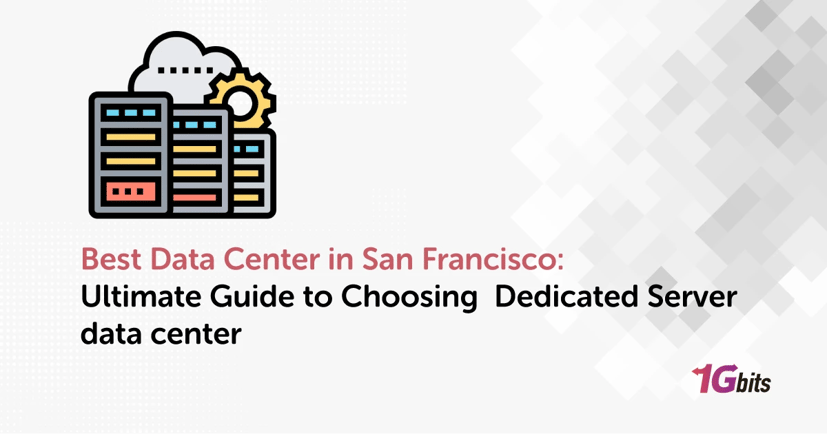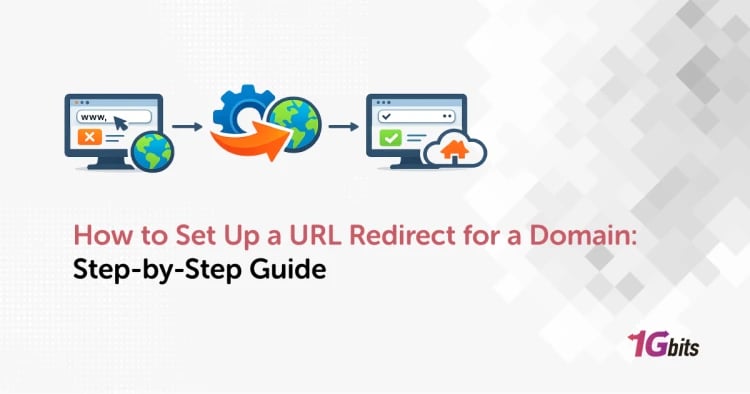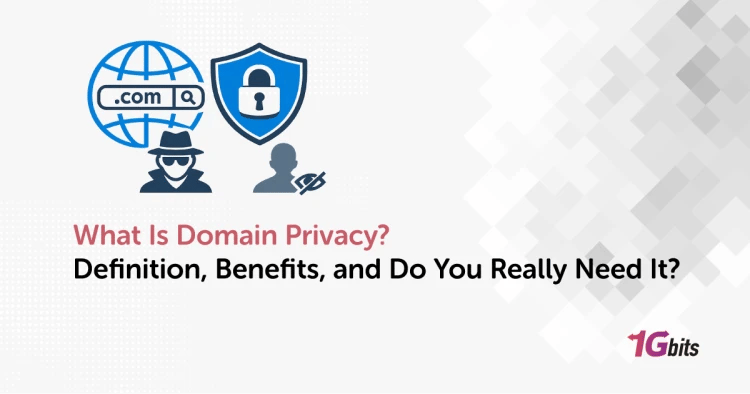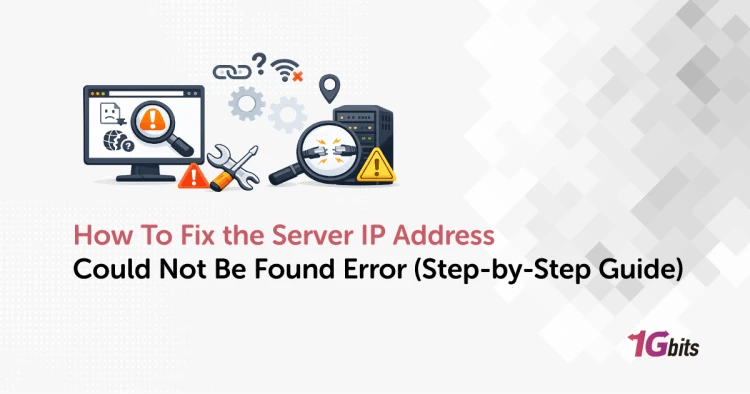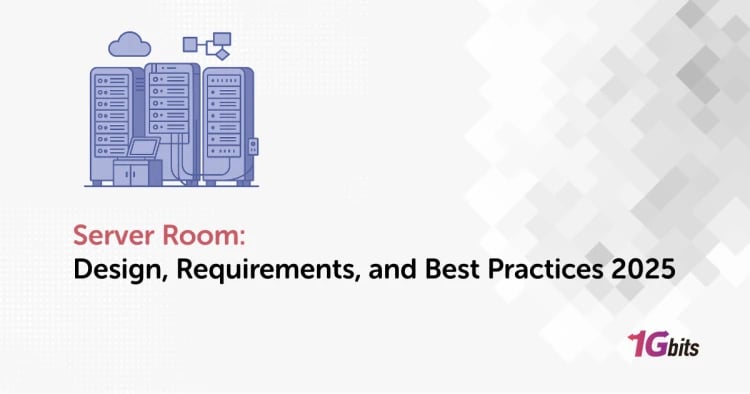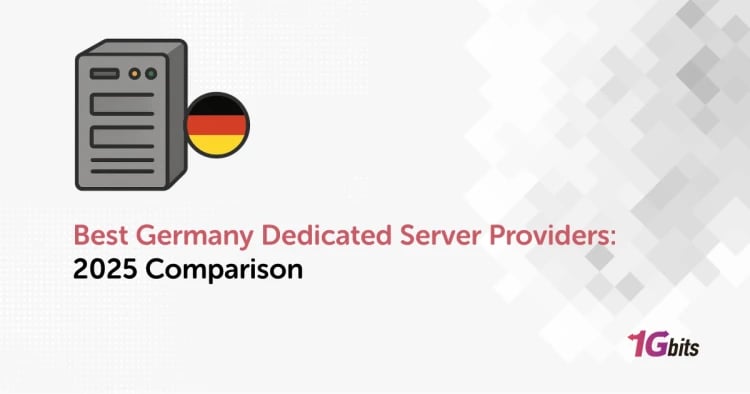When it comes to hosting critical IT infrastructure, choosing the best data center San Francisco has to offer is more than just a technical decision—it’s a strategic move for business continuity, scalability, and security. The Bay Area, being a leading technology hub, offers numerous options for businesses seeking dedicated servers, colocation, and cloud integration.
However, not all data centers are created equal. Understanding differences in data center security San Francisco, network connectivity, scalability, pricing, and certifications is essential for IT managers, infrastructure architects, and businesses evaluating their options.
This guide is designed to help you navigate the competitive landscape of San Francisco colocation providers, providing detailed comparisons, expert insights, and actionable advice to choose the right facility for your needs.
Why Choosing the Right Data Center in San Francisco Matters?
Selecting the wrong facility can have far-reaching consequences. Downtime, security breaches, poor connectivity, or inflexible contracts can lead to lost revenue, compromised data, and operational headaches. Conversely, the right reliable data centers Bay Area can provide high uptime, scalable solutions, compliance with industry standards, and cost-effective growth opportunities.
Key benefits of choosing a high-quality San Francisco data center include:
-
Low-latency connectivity for regional and international operations.
-
Redundant power and cooling systems for uninterrupted service.
-
Advanced physical and cyber security measures.
-
Compliance with regulations critical for finance, healthcare, and e-commerce.
-
Scalable infrastructure to meet future growth without downtime.
To provide clarity, we’ve compiled a comparison table of leading providers in San Francisco, highlighting their key features, security standards, network connectivity, and pricing insights.
Comparison Table of Top San Francisco Data Centers
|
Provider |
Location Advantage |
Security Certifications |
Scalability & Flexibility |
San Francisco Data Center Pricing |
Key Differentiators |
|
Verizon Business |
Central SF, near tech hubs |
SSAE 18, ISO 27001, Tier III |
High, supports enterprise growth |
Premium pricing |
Large enterprise focus, 24/7 monitoring, advanced 5G network |
|
Colocation America |
Bay Area access |
Tier III, SOC 2 |
Flexible racks & cabinets |
Mid-high |
Nationwide coverage, 100% uptime guarantee |
|
ColoServe |
Downtown SF |
Tier III, ISO 27001 |
Partial/full racks, custom solutions |
Higher for startups |
Local support, low-latency connectivity, Bay Area focus |
|
Hosting.com |
SF + regional centers |
SOC 2, HIPAA, PCI-DSS |
High, cloud & colocation hybrid |
Mid-high |
Managed services, compliance-heavy industries |
For businesses looking to explore dedicated server options, check out our Best Dedicated Server guide.
Understanding Data Center Tiers and Certifications
When evaluating data center security San Francisco, certifications and tier standards offer a clear measure of reliability and operational excellence.
Data Center Tiers (Uptime Institute Standards)
-
Tier I: Basic infrastructure; susceptible to downtime.
-
Tier II: Redundant components; better reliability.
-
Tier III: Concurrently maintainable; high uptime (99.982%). Ideal for mission-critical workloads.
-
Tier IV: Fault-tolerant; 99.995% uptime. Typically used by large enterprises.
Key Certifications to Consider
-
ISO 27001: International standard for information security management.
-
SSAE 18 / SOC 1, SOC 2: Standards for financial and operational controls.
-
HIPAA / PCI-DSS Compliance: Essential for healthcare and payment processing.
-
Green or LEED Certification: For environmentally conscious businesses seeking energy-efficient operations.
Selecting a data center with Tier III or Tier IV standards ensures your operations are protected against unexpected power outages, cooling failures, and network disruptions—an essential consideration for any reliable data centers Bay Area business.
Security Features and Compliance Explained
Physical and digital security is a non-negotiable factor. Leading San Francisco colocation providers implement layered security protocols, including:
-
24/7 On-site Security: Guards, biometric access, and video surveillance.
-
Redundant Power & Cooling: Backup generators and UPS systems to maintain uptime.
-
Cybersecurity Protections: Firewalls, DDoS mitigation, intrusion detection, and secure remote access.
-
Disaster Recovery & Data Redundancy: Replicated storage across multiple sites.
When comparing data center security San Francisco, businesses must assess not only certifications but also real-world practices such as incident response times, penetration testing, and physical access controls.
Connectivity and Network Advantages
One of the top reasons companies choose local San Francisco colocation providers is connectivity. Data centers in the Bay Area often benefit from:
-
Proximity to major fiber routes for ultra-low latency.
-
Direct cloud provider connections to AWS, Azure, and Google Cloud.
-
Redundant network carriers to avoid single points of failure.
-
Peering agreements that enhance speed and global reach.
For example, Verizon Business’s 5G network and multiple fiber carriers provide unmatched speeds, making it an excellent option for latency-sensitive applications like real-time trading, video streaming, or AI workloads.
Top Data Centers in San Francisco: Overview
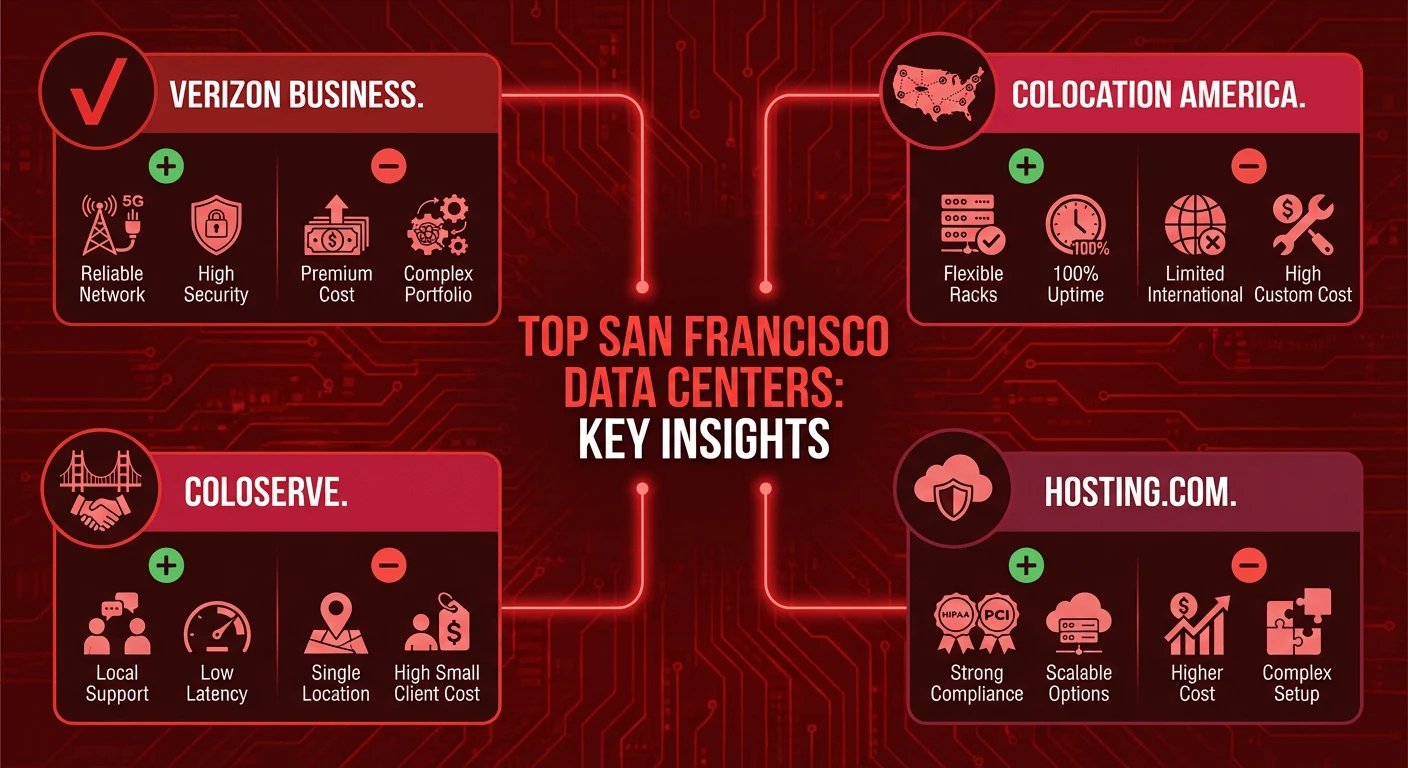
Here’s a deeper look at the four main players:
Verizon Business
-
Pros: Enterprise-grade reliability, extensive 5G and fiber network, high security.
-
Cons: Premium costs, complex service portfolio, long-term contracts.
Colocation America
-
Pros: Nationwide presence, flexible rack solutions, 100% uptime guarantee.
-
Cons: Limited international coverage, higher costs for custom services.
ColoServe
-
Pros: Local support, low-latency connectivity, customizable solutions.
-
Cons: Single-location limitation, higher pricing for smaller clients, limited portfolio.
Hosting.com
-
Pros: Strong compliance standards (HIPAA, PCI-DSS), scalable cloud + colocation options, 24/7 support.
-
Cons: Higher cost, primarily U.S.-focused, complex setup for non-technical teams.
For a complete list of Dedicated Server Locations that can integrate with these San Francisco data centers, explore our interactive location guide today.
Customer Testimonials and Case Studies
Understanding the real-world performance of San Francisco colocation providers is crucial for informed decision-making. Here are examples from clients who have leveraged top Bay Area data centers:
Verizon Business
-
Case Study: A fintech firm hosting trading platforms in Verizon’s San Francisco data center reported zero downtime over 24 months, thanks to redundant power and 5G connectivity. The firm highlighted that Verizon’s network and security measures enabled compliance with SOC 2 and PCI-DSS standards.
-
Testimonial: “Our mission-critical trading operations rely on Verizon Business. The connectivity speed and security are unmatched in the Bay Area.” — CTO, FinTech Inc.
Colocation America
-
Case Study: A growing e-commerce company moved its servers to Colocation America’s Bay Area data center to benefit from scalable colocation solutions. The company increased its server capacity by 50% without downtime, thanks to flexible rack and cabinet options.
-
Testimonial: “Colocation America allowed us to expand quickly while maintaining 100% uptime. Their nationwide presence also helps with disaster recovery.” — IT Manager, ShopSmart Online
ColoServe
-
Case Study: A Bay Area tech startup chose ColoServe for low-latency connectivity and local technical support. This enabled faster customer access to their SaaS platform and quick issue resolution with on-site support.
-
Testimonial: “Having our servers close to Silicon Valley made a huge difference in performance and client experience. ColoServe’s team is always ready to help.” — Founder, SaaS Innovators
Hosting.com
-
Case Study: A healthcare provider utilized Hosting.com for HIPAA-compliant cloud and colocation services. The provider was able to securely store and manage sensitive patient data while maintaining scalable server infrastructure.
-
Testimonial: “Hosting.com’s compliance focus gave us peace of mind. We can grow our IT footprint without worrying about regulatory risks.” — IT Director, HealthSecure
Pricing Models and Contract Options
San Francisco data center pricing varies depending on services, location, and infrastructure specifications. Most providers offer tiered options based on server capacity, power usage, network bandwidth, and additional services such as managed IT support.
Common Pricing Structures
-
Rack-Based Pricing: Pay for partial or full racks depending on space and power consumption.
-
Cabinet or Suite Leasing: For larger operations requiring private space and full control over physical infrastructure.
-
Colocation as a Service: Flexibility for businesses to rent only the needed resources with scalable options.
-
Managed Services Add-Ons: Extra cost for technical support, monitoring, and cybersecurity management.
Contract Terms: Long-term contracts (12–36 months) are standard for enterprise-grade providers like Verizon Business. Smaller or regional providers like ColoServe may offer monthly or short-term contracts to accommodate startups.
Pricing Considerations:
-
Balance cost with features like uptime guarantees, network redundancy, and security certifications.
-
Consider scalability—paying slightly more upfront may reduce costs when expanding later.
-
Evaluate hidden fees, including remote hands, additional bandwidth, or power upgrades.
How to Choose the Best Data Center for Your Needs?
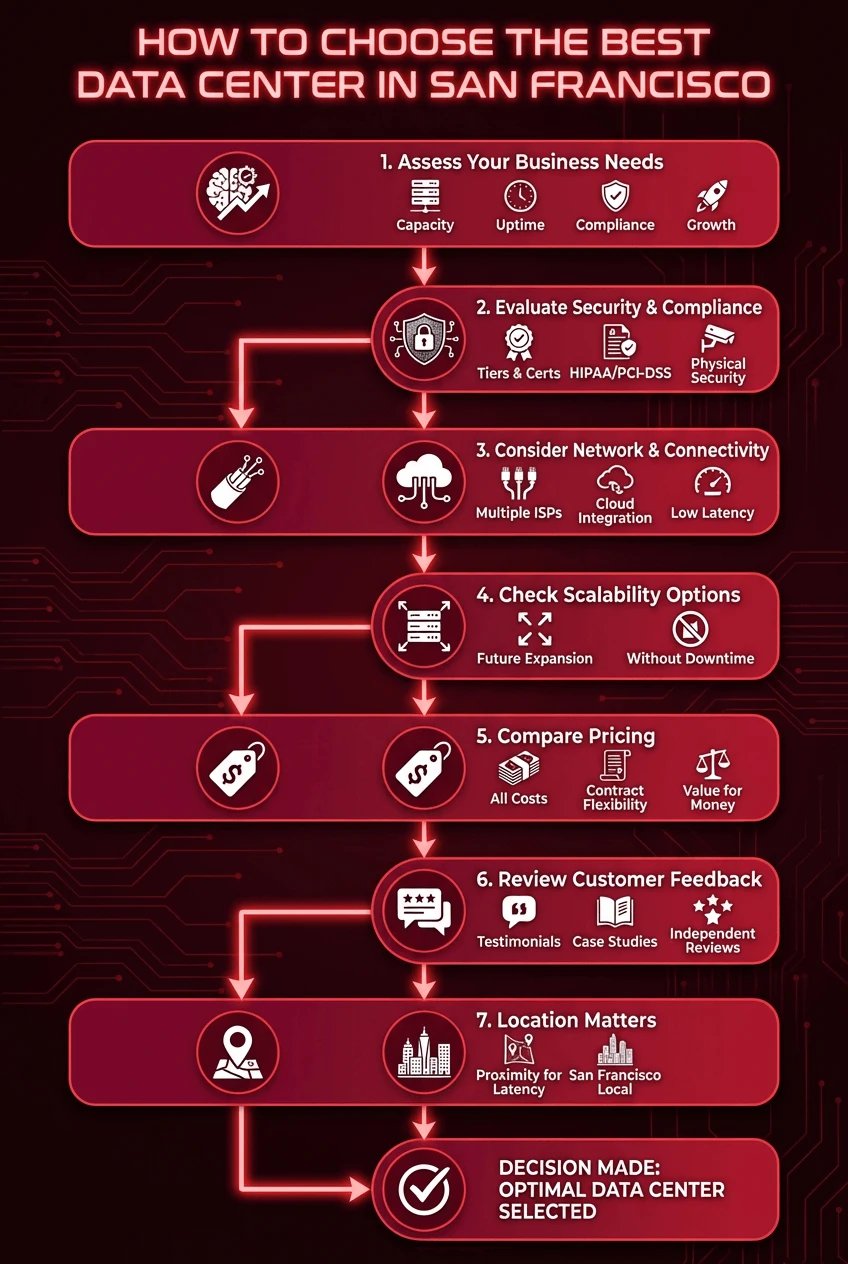
Choosing the best data center San Francisco requires careful evaluation across multiple factors:
-
Assess Your Business Needs: Consider server capacity, uptime requirements, compliance needs, and growth projections.
-
Evaluate Security and Compliance: Check Tier standards, SSAE 18/SOC certifications, HIPAA or PCI-DSS compliance, and physical security measures.
-
Consider Network and Connectivity: Look for multiple ISPs, cloud provider integration, and low-latency fiber routes.
-
Check Scalability Options: Ensure the provider can accommodate future expansion without downtime.
-
Compare Pricing: Look at all costs, contract flexibility, and value for money.
-
Review Customer Feedback: Testimonials, case studies, and independent reviews can indicate reliability and service quality.
-
Location Matters: For local latency-sensitive applications, proximity to your operations or clients in San Francisco can improve performance.
By carefully weighing these factors, businesses can identify reliable data centers Bay Area options that match technical requirements and budget constraints.
Which Global Hosting Provider is the Best in San Francisco?
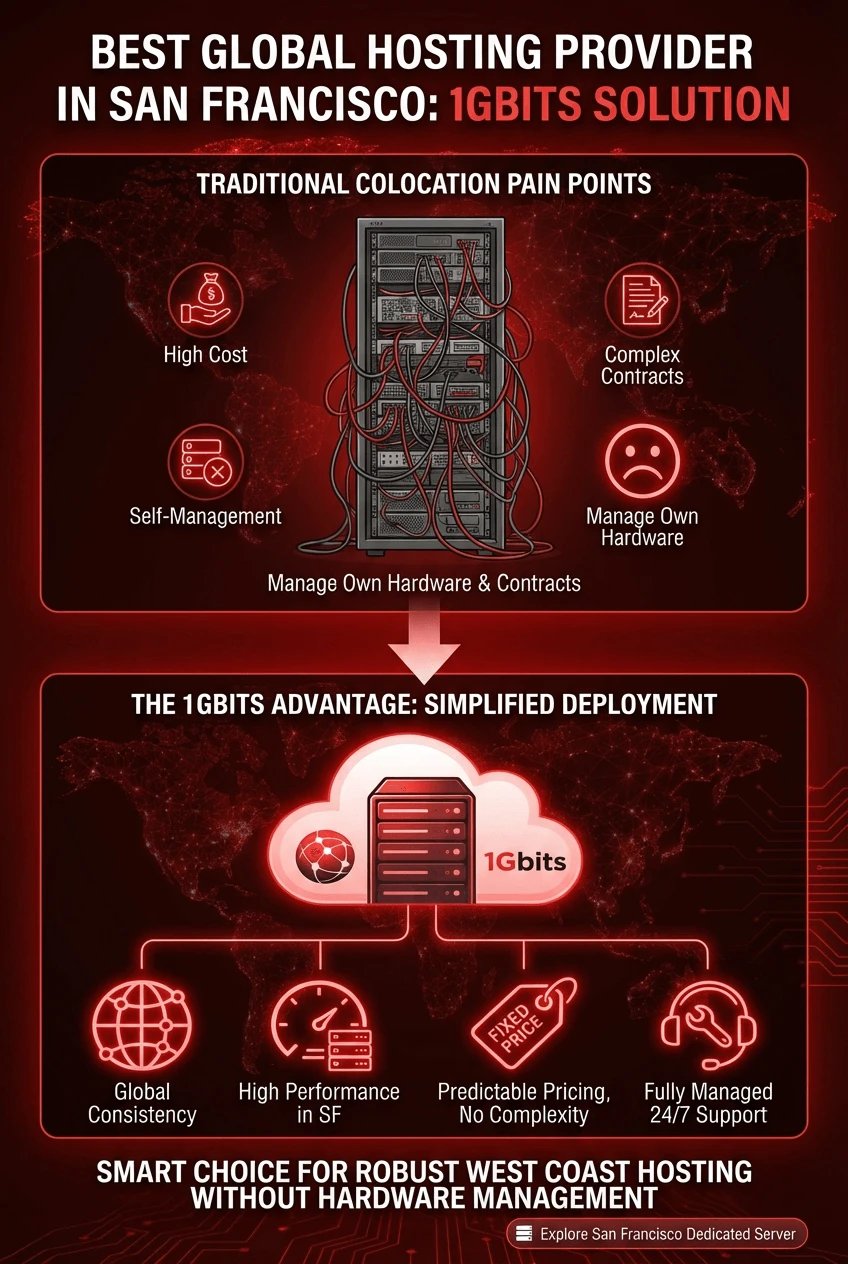
For businesses that don’t want to manage their own hardware or negotiate colocation contracts, a global hosting provider can simplify the process. Instead of purchasing servers and placing them directly in a San Francisco data center, companies can deploy fully prepared dedicated servers that run on top-tier Bay Area infrastructure.
At 1Gbits, we partner with reliable data centers in San Francisco to deliver high-performance dedicated server solutions that benefit from enterprise-grade power redundancy, strong network connectivity, and strict physical security standards. This allows clients to leverage the quality of reliable data centers in the Bay Area while still enjoying global 24/7 support, fast server deployment, and flexible configurations.
Clients choose 1Gbits when they want:
-
Global deployment consistency
-
High-performance servers in San Francisco
-
Predictable pricing without colo complexities
-
Technical support fully handled by a hosting provider
This makes it a smart choice for companies looking for robust West Coast hosting without managing their own racks or hardware.
Explore how our San Francisco Dedicated Server solutions can integrate with top-tier data centers for performance and compliance.
Conclusion
Selecting the best data center San Francisco has to offer is a strategic choice that directly impacts your business’s performance, security, and scalability. The Bay Area provides numerous options for San Francisco colocation providers, each with unique strengths in network connectivity, compliance, customer support, and pricing.
Whether choosing an enterprise-focused provider like Verizon Business, a nationwide player like Colocation America, or a local specialist such as ColoServe, the key is aligning your business needs with the data center’s capabilities. A thorough comparison of San Francisco data center pricing, security certifications, connectivity options, and scalability ensures you make a well-informed decision.
For businesses seeking detailed comparisons and top-tier infrastructure, visit our Dedicated Server Locations guide to see which San Francisco data centers match your business objectives.
